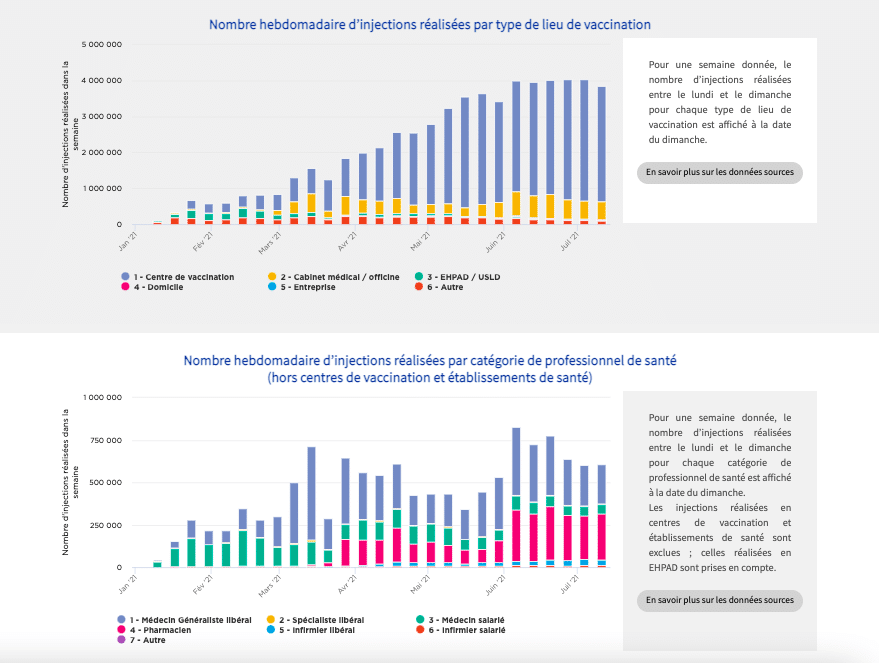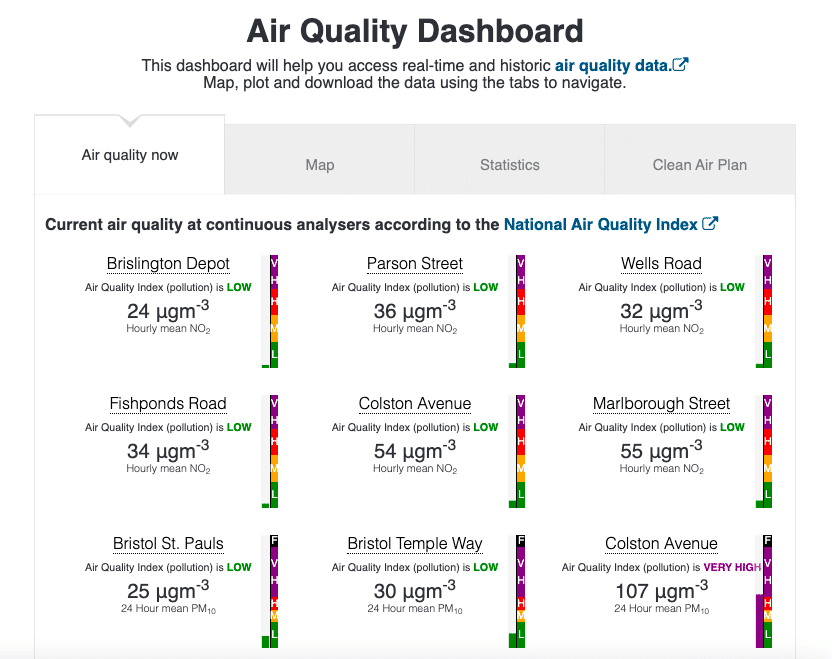Covid-19: How can data be used to improve decision-making?
Has data sharing become a key resource in economic decision-making since the start of the Covid-19 pandemic? To answer this question and understand recent developments in data sharing and its role in driving innovation, we sat down to talk with both Damien Pelletier, CEO of Ecomesure and Jean-Marc Lazard, our CEO.

Has data sharing become a key resource in economic decision-making since the start of the Covid-19 pandemic?
To answer this question and understand recent developments in data sharing and its role in driving innovation, we sat down to talk with both Damien Pelletier, CEO of Ecomesure and Jean-Marc Lazard, our CEO.
In this article, we share three lessons from our conversation:
- The importance of data sharing for innovation in times of crisis
- Data governance and its importance in the free flow of information
- How to use data from IoT sensors to benefit communities
Ecomesure specializes in instrumentation, connected systems, and web services for monitoring and analyzing air quality and environmental data. Opendatasoft operates downstream, using its technology to collect, enhance, publish, and share this data. The two complementary approaches harmonize and standardize the data formats so that they can be reused by anyone.
The importance of data sharing for innovation in times of crisis
The pandemic has cast a spotlight on the importance of data sharing.
In a recent interview for Saagie, Jean-Marc Lazard shared his perspective on the importance of using and producing data to build back from the pandemic.
For example, statistical data on the pandemic’s developments can be used to create new solutions or make the right decisions.
The vaccination monitoring dashboard developed by Assurance Maladie makes it possible to track vaccination levels against government objectives and allows decision-makers to act accordingly based on the results.

The same is true for Ecomesure. Considering the importance of virus transmission, building air quality data is a central concern among economic players. Activities like returning to the workplace, lifting restrictions on visiting public places, shopping centers, and theaters, and reopening schools, colleges, and universities are intrinsically linked to indoor air quality and air change rates to limit the spread of the virus.
For Damien: “The pandemic has fast-tracked the demand for data. People are more mindful that we live in an uncertain world and need to be informed about what we’re breathing each day in our workplace, on public transport, in the city, and so on. This information is essential for making decisions about reopening public and private places and for putting forward recommendations for telecommuting or urban planning.”
Ecomesure reminds us of this in their latest article, “From reopening to new standards: Knowing the air quality in your buildings“.
There is a growing need for transparency, as highlighted in our October 2020 YouGov survey. The pandemic has been a catalyst for raising awareness of the importance of data sharing and transparency in public and business decision-making and for good public education.
Removing barriers against the free flow of data
While data sharing effectively helps us adapt to a crisis, many obstacles to data use remain.
Jean-Marc and Damien agree on the three most frequent hurdles:
- No available data
- A weak data culture
- Apprehension toward data sharing and use
To overcome these obstacles, particularly the first one, Jean-Marc points out that more thorough research is necessary because there is likely data somewhere.
Data on the movement of people produced by SFR (anonymized SIM card data) is a perfect illustration of this, he says. Such data is crucial for territorial development, but local business management teams have a hard time sharing it.
For more information about SFR Geostatistics, click here!
This first obstacle also highlights the importance of the data culture within organizations.
This notion of data culture reflects the mastery of the data value chain, from production to sharing and publication. Damien and Jean-Marc tell us that organizations often have data but do not know how to use it.
To learn more about this topic and best practices in the public and private sector, watch the recording of our February webinar! The Hautes-Pyrénées Department and MAIF share their advice for creating a robust data culture.
The apprehension that exists around data tends to diminish as new generations enter the labor market. The new skills being created around data science and cybersecurity highlight the need for creating and analyzing quality data. . .
In addition, technological solutions give producers full control over data sharing and use through advanced functionalities for configuring data access and creating models for sharing and reusing licenses.
To learn more, read the white paper on metadata.
Removing barriers to the free flow of data is therefore essential for understanding, analysis, and decision-making.
Examples of data sharing projects for decision-making
A partner of Ecomesure is putting several thousand sensors in US schools at the start of the school year to monitor the air quality inside school buildings.
Also, a leading distributor uses Ecomesure’s solutions to measure the air quality of its multiple warehouses. The need for indoor air quality monitoring is exploding.
Cities are eager for access to data from IoT sensors. But recently, there has been a shift in the use of sensor data, which is now being used to serve local populations.
For example, the city of Bologna, Italy, a pioneer in its open data projects, rode the “Smart City” wave in the 1990s and 2000s by publishing lots of data sets on security, transportation, and other subjects. Later, the city wanted to better meet the needs of its residents who wanted access to data on various subjects related to public policies, such as the environment, territorial innovation, and social initiatives.
Dashboards have thus been created to respond to people’s information needs, particularly with regard to air quality.
Examples include the City of Bristol’s Air Quality Dashboard that shows the real-time air quality in the city’s neighborhoods and the Randwick City Council’s Smart Beaches dashboard in Australia that provides multiple indicators related to the use of beaches, including an air quality index.

To learn more about the availability of air quality measurement data, visit the Ecomesure website. And visit the Opendatasoft website to see how to make this data reusable, shareable, and actionable!



